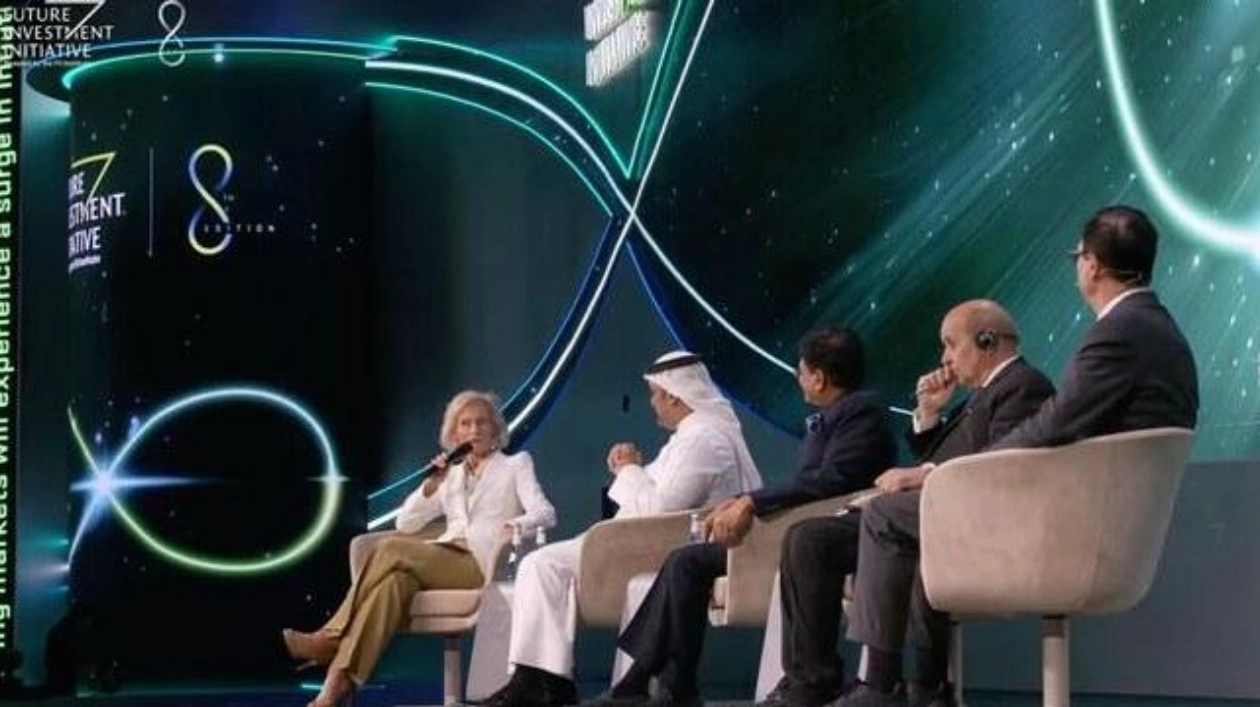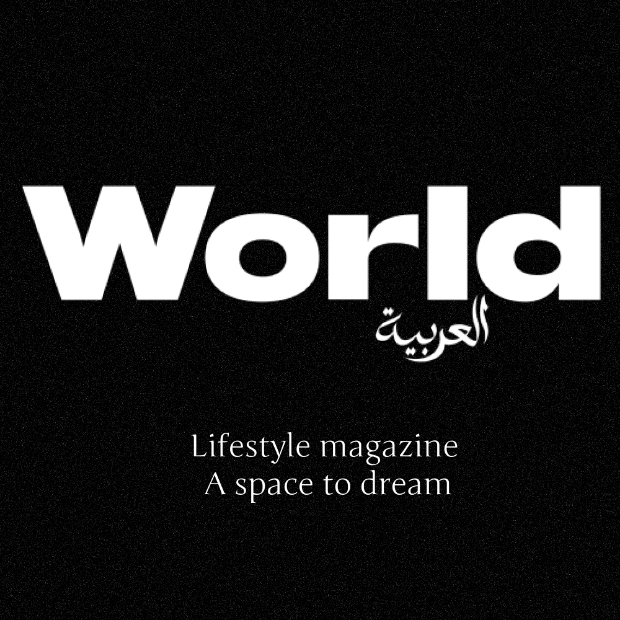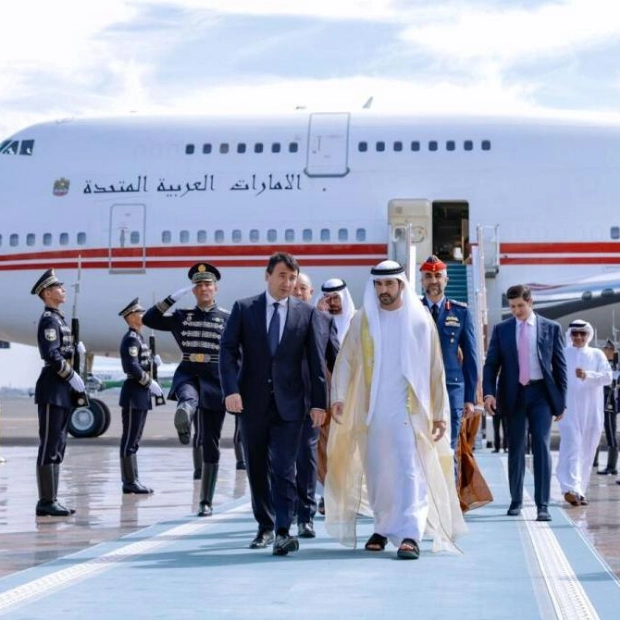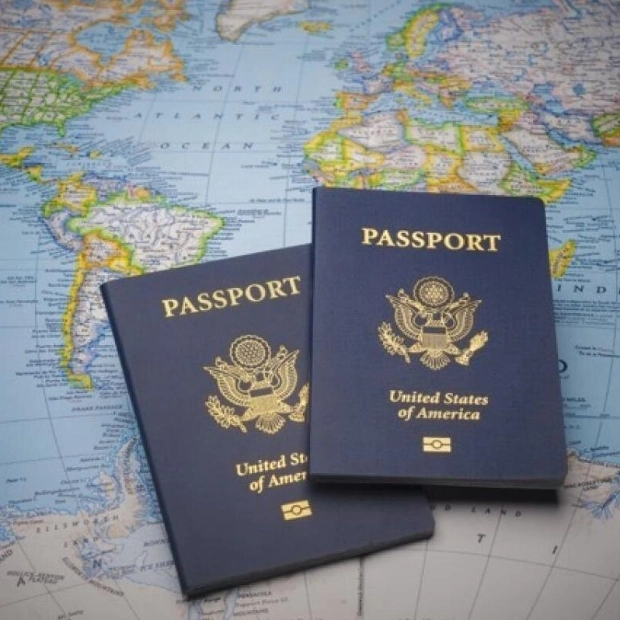RIYADH: Global leaders advocated for renewed economic diplomacy strategies at the Future Investment Initiative, emphasizing the need for flexible tools to navigate the intricate international environment of today.
During a panel discussion on the second day of the event, policymakers and experts underscored the necessity for updated frameworks that facilitate cross-border cooperation.
Citing Saudi Arabia's achievements as an investment hub, Bahrain's Minister of Finance and National Economy, Shaikh Salman bin Khalifa Al-Khalifa, highlighted the significant increase in foreign direct investment into the Kingdom, attributing this growth to the impact of the gathering.
"The true measure of FII's success," he stated, "is evident when comparing its inaugural hosting to its eighth edition, where foreign direct investment to Saudi Arabia has surged more than twentyfold."
The minister also stressed the importance of modernizing the multilateral frameworks that have shaped global relations since World War II. With the increasingly complex global landscape, Al-Khalifa pointed out that existing institutions might falter in addressing contemporary challenges without substantial reform. He further noted that effective sanctions necessitate a robust infrastructure: "We cannot deploy sanctions unless they are part of a strong system; otherwise, they fail to serve their purpose."
Former US Secretary of the Treasury Steven Mnuchin echoed these sentiments, highlighting the efficacy of tariffs and sanctions as adaptable tools within economic diplomacy.
Reflecting on the broader historical benefits of trade liberalization, he commented: "Over an extended period, reducing global tariffs through trade liberalization was the correct approach, fostering global opportunities."
However, Mnuchin acknowledged recent changes have necessitated a more selective application of these tools to address modern economic realities. "In the context of US-China relations, tariffs have long been used as a diplomatic tool," he said, illustrating their role in reshaping trade dynamics.
Mnuchin further emphasized the strategic importance of sanctions, which have been pivotal in US foreign policy for decades. "Sanctions are undeniably a crucial tool," he asserted.
"Many countries were displeased with their extensive reach, but there is no doubt that sanctions were highly effective, whether applied to Iran or North Korea," Mnuchin added.
He also underscored the importance of tariffs as economic instruments, though he recognized they are unlikely to supplant conventional forms of taxation.
Jean-Yves Le Drian, chairman of the French agency for AlUla Development and a representative of the French government, proposed the development of new tools to address emerging transnational issues such as climate change and artificial intelligence.
"COPs could potentially serve as a testing ground for the evolution of international organizations," he suggested, positioning climate action forums as potential catalysts for broader global reforms.
In addition to addressing the need for flexible economic tools, Al-Khalifa highlighted Bahrain's recent efforts to bolster its international partnerships, including a comprehensive agreement with the US.
"We recently signed the comprehensive security integration prosperity agreement with the United States, a long-term strategic ally," he remarked, characterizing it as a substantial enhancement of US-Bahrain collaboration.
Source link: https://www.arabnews.com






